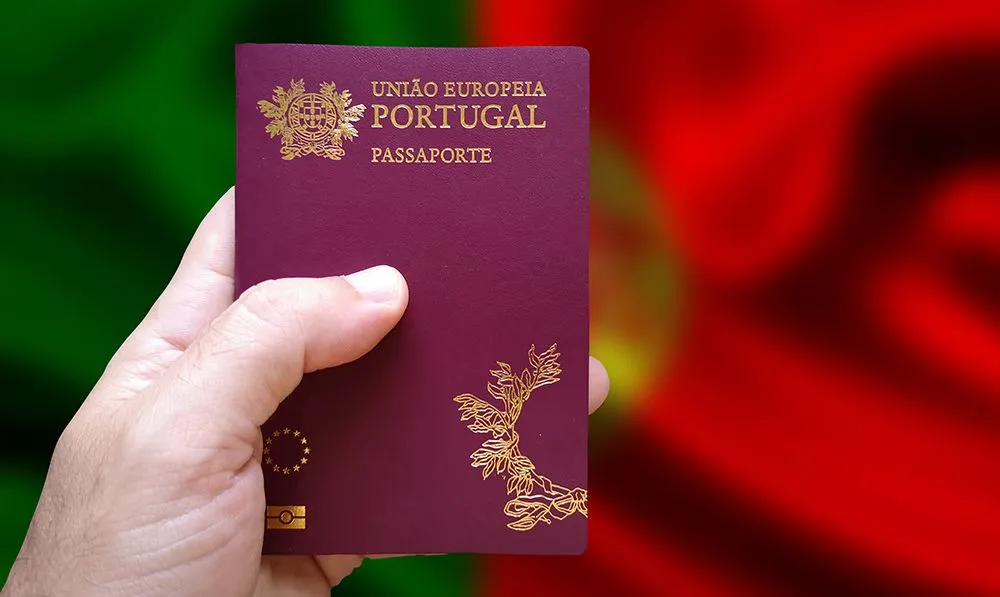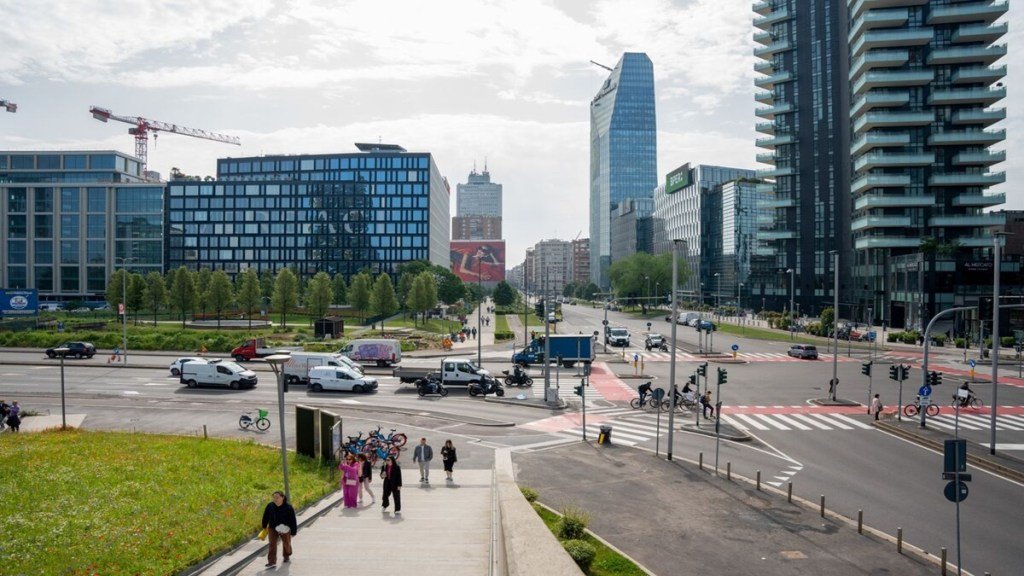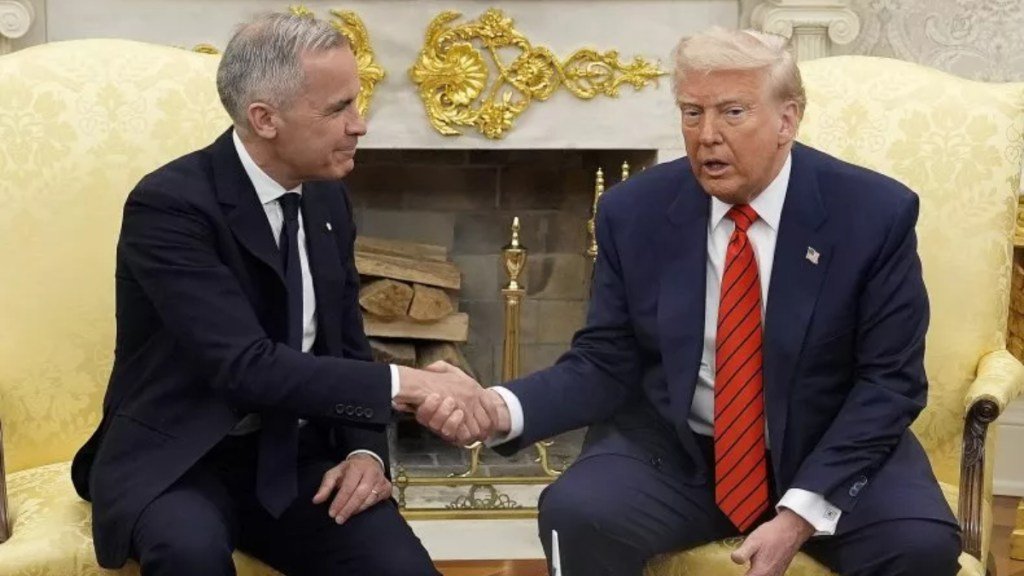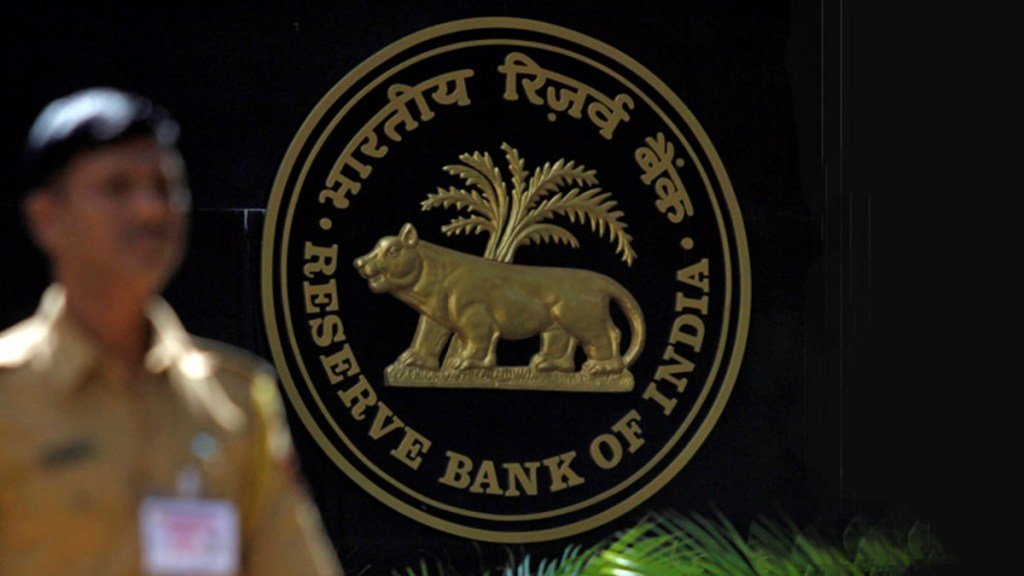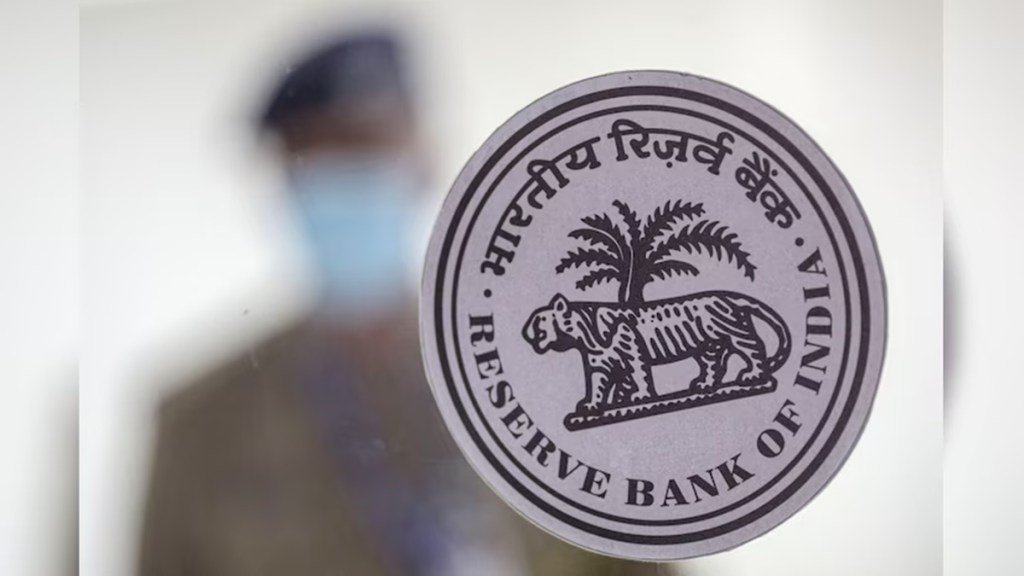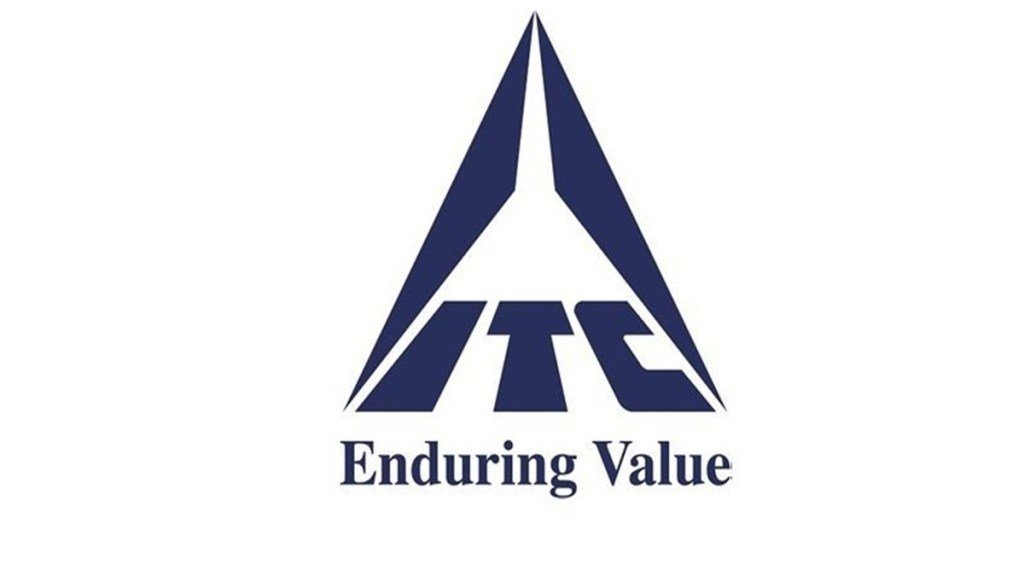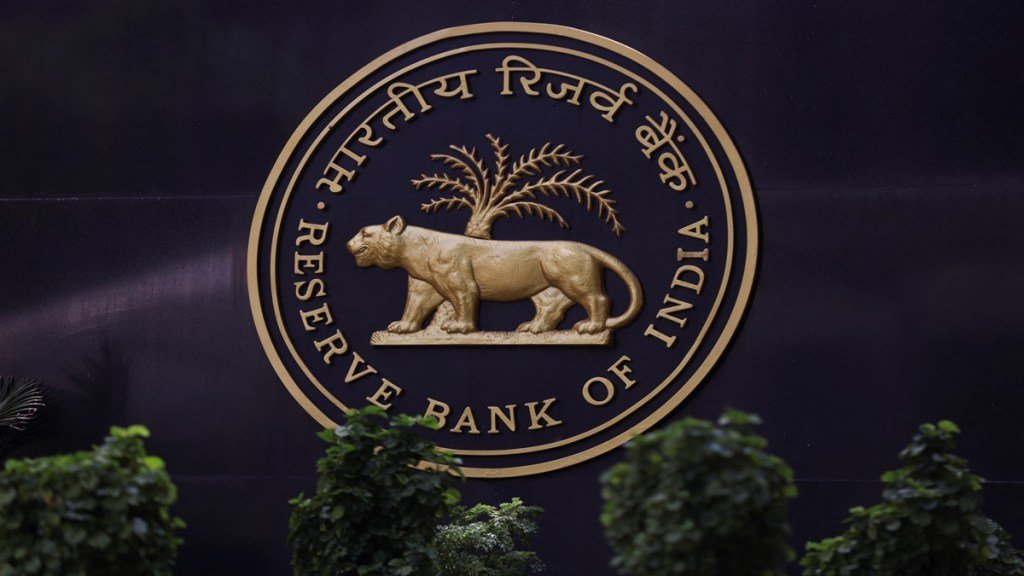
A former J-1 visa holder recently shared their experience online after facing a visa revocation tied to a misunderstanding of a program rule during their U.S. exchange stay. Their J-1 program was terminated following what they describe as an unintentional violation. This led to a notice of intent to revoke their visa and a subsequent consular interview.
At the interview, the individual explained the circumstances honestly. The result was the formal revocation of their J-1 visa, with a stamp placed in their passport. However, their existing B1/B2 tourist visa remained valid and was not affected.
The consular officer reportedly told them that while the revocation would remain on record, they would not need a waiver to apply for future U.S. visas. The officer advised them to focus on building strong ties to their home country before reapplying.
Now in a committed relationship with a U.S. citizen, the person is considering applying for either a spousal (CR1) or fiancé (K1) visa. They have no history of overstaying in the U.S. and have made multiple visits since childhood. They are concerned about whether the previous revocation could affect the outcome of a future visa application.
They are also wondering if the revocation might impact their eligibility for visas to countries like Canada or the UK. While a visa revocation can raise questions during immigration reviews, legal professionals note that each case is evaluated on its individual merits. Transparency, well-prepared documentation, and a clear demonstration of lawful intent and stability at home are important factors that can influence the outcome of future visa applications.


